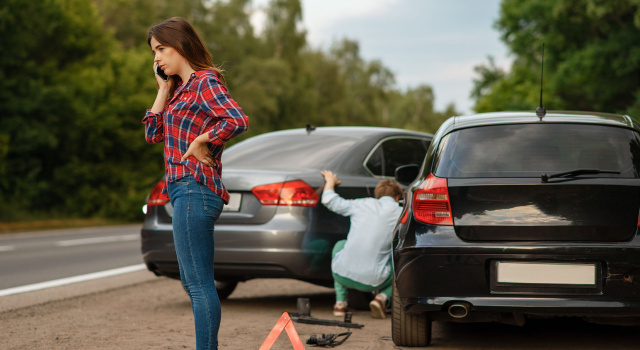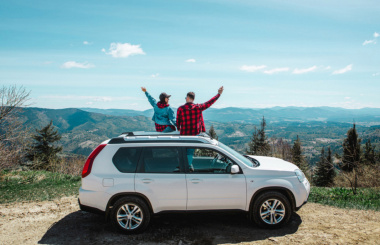Key Takeaways
- It’s better to purchase car insurance before you buy your new car.
- You need proof of insurance so you can drive the car home.
- There are different types of auto insurance policies.
Are you planning to buy a car? When shopping for your car, especially if you’re buying your first car, you must have asked yourself, “When do I need to purchase car insurance?”
If you don’t already have auto insurance and have yet to purchase your new vehicle, it would be better to get adequate auto insurance before your new car even leaves the lot. Many people wait until they sign on a car to purchase insurance. Today’s post will tell you why it is better to find the right coverage beforehand.
Shopping for your vehicle’s car insurance in advance gives you enough time to compare various offers, determine the best coverage level, and identify the most suitable auto insurance policy based on your needs. You don’t need the VIN for a new vehicle to review policies. You can simply decide on the right insurer by comparing sample rates beforehand.
Do I Need Car Insurance When I’m Buying a Car?
Technically, you don’t need an auto insurance policy before purchasing your car. However, you will need the right coverage to take possession of the vehicle. In most states, you need car insurance before purchasing a car since it is against the law to drive your vehicle without adequate coverage. Some auto dealers let customers purchase vehicles even if they don’t have active car insurance policies. That said, you cannot take possession of a vehicle from such a dealer until you purchase insurance.
Getting Car Insurance for the First Time?
Are you shopping for car insurance policies for the first time? We suggest familiarizing yourself with the types of auto insurance policies you can get to know what you should look for. Some of the basic components of a car insurance policy can include:
- Liability Coverage: Liability insurance helps you pay for damages to another person’s property you may have caused. It may also cover the cost of injuries you have caused and legal fees if the other party sues you after an accident. Liability coverage is a requirement in most states. Remember that liability insurance does not compensate you for damage to your own vehicle.
- Collision Coverage: This insurance policy compensates you for damage to your car after a collision with another vehicle, regardless of who the at-fault motorist was. It also covers damages for when you hit an object and damage your vehicle. Collision coverage can pay you the cash value of your vehicle if it becomes irreparably damaged.
- Comprehensive Coverage: This coverage pays you for damage to your vehicle due to any kind of damage, including animal strikes, vandalism, fire, flooding, etc., and it covers you in case of theft. The policy may offer payouts to cover the cash value of your vehicle if it ever gets total.
- Other Types of Coverage: You may need to purchase additional car insurance policies, depending on the state laws. Personal injury protection and uninsured and underinsured motorist coverage are two common types.
A Few Tips When Shopping for Car Insurance
You will need proof of insurance to drive your car off the lot. It’s better to have the policy ready when you put pen on paper for your new car. Are you searching for auto insurance policies? Here are a few quick tips to help:
- Have a make and model for the vehicle you plan on buying beforehand to get more accurate quotes on insurance policies.
- Identify the coverage types you need, including those required by your state’s laws.
- Compare quotes from several auto insurance companies to identify the best rates.
- Ask the insurance agent to help you set up the policy, especially if you already have a vehicle in mind.
To get the best rates on car insurance, be sure to shop around and compare quotes from multiple carriers. Click on the offers below to get started.







Updated February 14, 2023